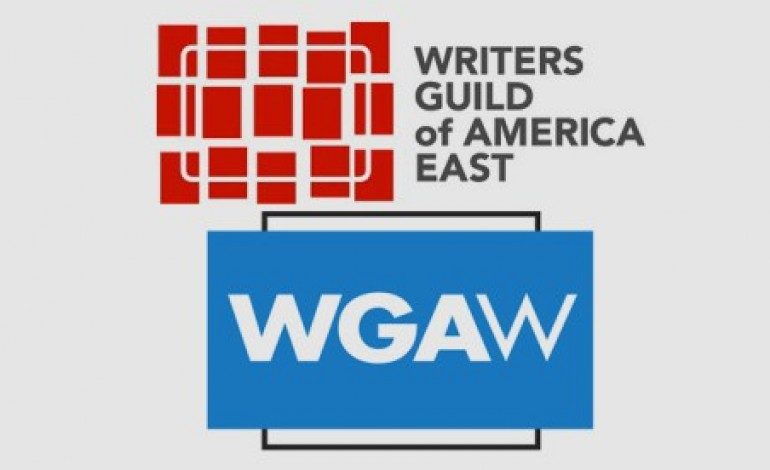

The potential for a writers’ strike is getting closer. Entertainment Weekly has confirmed that the Writers Guild of America has enough votes from its members to authorize a strike if a new contract isn’t agreed upon by Monday, May 1, which is just under a week away.
The WGA has already given notice that if a contract is reached by the time their current contract ends, a strike will go into effect starting a Tuesday, May 2.
The WGA announced that 6,310 members of the guild voted, which is about 67.5 percent of its members, which the guild noted is the highest voter turnout they’ve ever had. Of the 6,310 members who voted, 96.3 percent of them voted to authorize a strike if a new contract isn’t reached.
In a letter that was released by the WGA, a portion of the letter read “We thank you for your resolve and your faith in us as your representatives. We are determined to achieve a fair contract.”
The Alliance of Motion Picture and Television Producers also released a portion of their letter that was sent out after the news of the strike authorization was released. In their letter, representatives said “Writers lost more than $287 million in compensation that was never recovered, deals were cancelled, and many writers took out strike loans to make ends meet. We remain focused on our objective of reaching a deal with the WGA at the bargaining table when the Guild returns on April 25th.”
As referenced in the statement from AMPTP, a new round of contract negotiations began today, Apr. 25, to try and get both sides to agree on new terms. Some of the terms that the writers are asking for include better health plans, better deals in terms of streaming shows and better payment for shows that take longer to write.
Last week, negotiations were postponed as a way for the WGA to finish its strike authorization vote. If there’s no new contract agreed upon by May 1, the guild is able to tell its members to stop working on any TV shows and movies they may be working on. If this does happen, there’s many shows that would be affected by this, especially late night talk shows and, if the strike goes on long enough, could affect the fall start dates for broadcast and cable networks.
If a strike does happen, it will be the first one in nearly 10 years. The last writers’ strike started on Nov. 5, 2007 and concluded on Feb. 12, 2008, making it the third-longest strike at 100 days. The strike in 1988 is the longest, lasting 115 days from Mar. 7 to Aug. 7.
